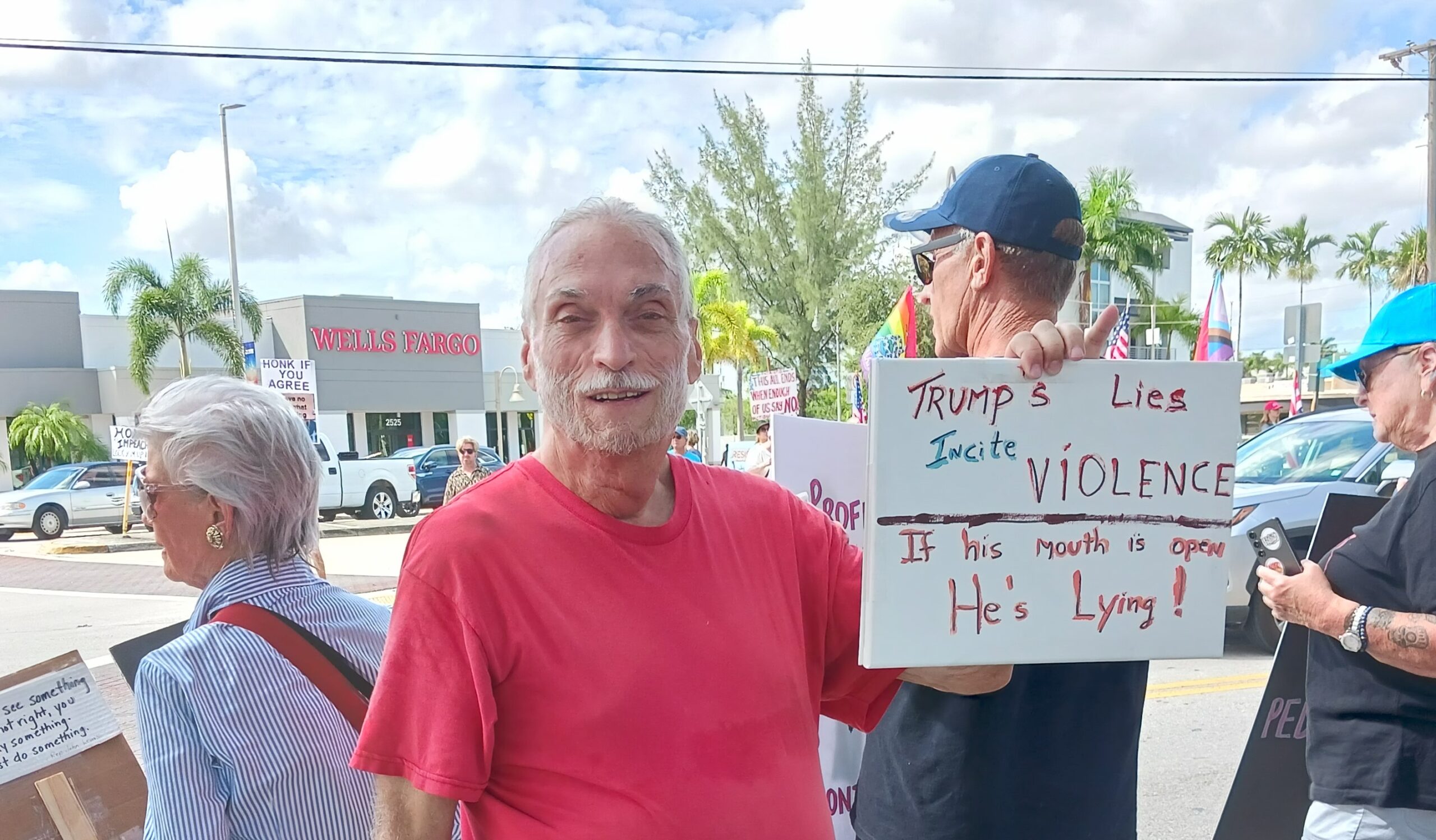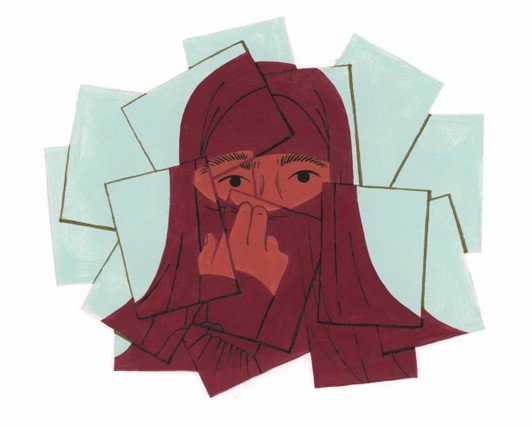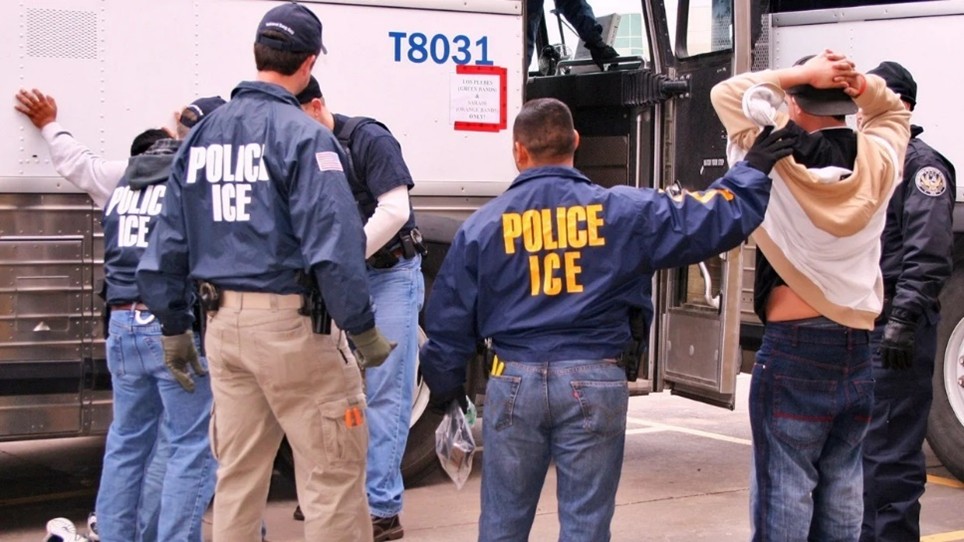In the middle of an exam, my Chadian students suddenly stood up and fled my classroom. A minute before, they had seen through the glass-less window that a crowd had run from the central market in Baibokoum. No one knew why so many were running. But days before the word on the street was that rebels in Chad’s capital had captured the main military base in Chad’s capital, N’djamena.
The exam was important for their grades and my exclamations to the 80 boys to sit down and finish the test were met with shrieks that in a choice between finishing the exam and saving their lives, it was a no-brainer. They wanted to live.
This was 1979 and the government was under attack. Rebels were marching ever closer to the heart of Chad’s government. Everyone was nervous and the future seemed to hint at further bloodshed and unrest.
I was a Peace Corps volunteer teaching at a high school in a village far from the capital. Yet, the constant whispers that a civil war was about to explode and upset everyone’s notions of what life looked like were paramount in every tribal elder’s mind, in every mother’s work in the cotton fields, in every student’s focus on mastering the present progressive tense in English. No one could escape thinking about the constant threats to stability.
I have never forgotten those days when living with a government tottering on the brink pervaded each person with a sense of loss. Not only for Chadians. Not only for foreigners. But everyone. Those frightening images of the attack on our Capitol on January 6th, 2021 sent me back to my village in Chad. Was the United States on the brink of civil war? It certainly looked like that for a time, while President Trump reportedly watched TV in the White House. Was he going to allow this attack to succeed?
We live in a fraught time where one political party continues to attack the very institutions of our society. The many conspiracy theories denying the outcome of the 2020 election has created a corrosive tension in American society. If we can no longer agree on what the rule of law means, then we are descending into tribes that think only of war and weakening the other side, rather than finding common ground on what is best for our nation.
My time abroad in Chad taught me how fragile a society can become when the foundation of its bonds is under attack. In Chad, once the central government fell, it was each tribe for itself. The notion of a Chadian identity disappeared and every Chadian became labeled by tribe. All Americans—including we Peace Corps Volunteers—were evacuated from the country. Everyone recognized the danger.
We have something noble in our country. We have a constitution that has stood the test of time. Do we want to rewrite our definition of what our country stands for? Let’s not go the route of seeing each other as representatives of a tribe with whom we’re at war. Rather, let’s continue to build an America where our American-ness means more to us than any linkage to some group who seems bent on undermining the values that have shaped our stable nation.
Our ancestors are watching as civil discourse descends into personal attacks on those performing key roles in public service. My grandfather was an immigrant from Hungary who survived as a gravedigger in Philadelphia. He spoke little English and that was the only job he could get as an uneducated worker. But in the magical way America has transformed our destinies, I was able to become a diplomat, serving abroad as a representative of the United States in some of the tensest countries of the world. We can do better than attacking those who disagree with us. Agreeing to disagree and not resorting to violence is our heritage after the lessons of our own brutal civil war. Let’s not go back to those days when some predicted the fall of our government and the sundering of the nation.
Recent Posts
From Diplomat To Dissenter: Why I Protest Trump’s America
I love our country. I served as a Peace Corps Volunteer in Africa in the 1970s. I served as a Foreign Service Officer...
A Soul Set Free
The lines of Iranians formed early every day. Often they came straight from the airport. They would line up outside the American consulate...
A Cruel Season at the Bus Stop
The poem you’re about to read is not a quiet reflection—it’s a flare shot into the night. It emerges from a moment when...



